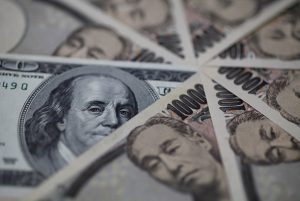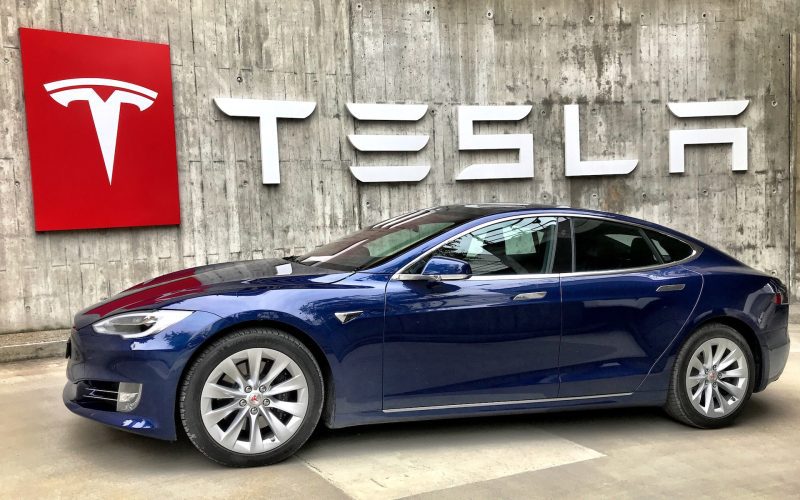Tesla, the renowned electric vehicle manufacturer, is making headlines again, but this time, it’s not about their innovative cars or ambitious projects. The company is embroiled in a legal battle over CEO Elon Musk’s compensation package, which has culminated in a significant dispute over lawyers’ fees. Initially, the lawyers’ award was a staggering $5.2 billion, but Tesla is now pushing to reduce this amount to $13.6 million. This article delves into the intricacies of the case, the arguments from both sides, and the potential implications for Tesla and corporate governance at large.
Background of the Case

In 2018, Elon Musk’s compensation package was approved by Tesla’s board and its shareholders. This package, valued at approximately $55 billion, was structured around achieving specific performance milestones. While the package was hailed as one of the largest in corporate history, it soon faced legal challenges. Shareholders argued that the compensation was excessive and not in their best interest, leading to a lawsuit.
The Legal Battle
The crux of the lawsuit centered on whether Musk’s compensation package was fair and whether it had been properly approved. Plaintiffs claimed that the board was too closely aligned with Musk, raising questions about the objectivity of their decision. After years of litigation, a significant portion of the case revolved around the fees awarded to the lawyers representing the shareholders.
Lawyers’ Award: $5.2 Billion to $13.6 Million
Initially, the court awarded the lawyers representing the shareholders a massive $5.2 billion, reflecting a percentage of the total value of Musk’s compensation package. This award was based on the notion that the legal team had achieved a substantial benefit for Tesla’s shareholders by challenging and scrutinizing the compensation deal.
Tesla’s Counterargument
Tesla argues that the $5.2 billion award is exorbitant and disproportionate to the services rendered. The company contends that the lawyers’ efforts, while significant, do not justify such an immense fee. Tesla is advocating for a reduction of the award to $13.6 million, which it believes is a more reasonable and equitable amount.
Legal Precedents and Fee Structures
The dispute brings to light the broader issue of legal fees in corporate litigation. Typically, legal fees in such cases are calculated based on the benefits conferred to shareholders or a percentage of the recovery amount. However, when the recovery or benefit is as large as $55 billion, traditional fee structures can result in extraordinarily high awards, prompting debates about fairness and proportionality.
Analysis of Arguments
To better understand the positions of both Tesla and the plaintiffs’ lawyers, let’s analyze the key arguments and their implications.
Tesla’s Position
- Proportionality: Tesla emphasizes that the $5.2 billion award is disproportionate to the legal work done. The company argues that the fee should reflect the actual hours worked and the complexity of the case rather than a fixed percentage of the compensation package.
- Precedent: Tesla warns that approving such a high fee could set a dangerous precedent, encouraging excessive fee claims in future corporate litigation.
- Impact on Shareholders: The company suggests that the excessive fee ultimately harms shareholders, as the funds could be better utilized for the company’s growth and development.
Plaintiffs’ Lawyers’ Position
- Benefit to Shareholders: The lawyers argue that their efforts resulted in substantial benefits for Tesla’s shareholders by ensuring more stringent oversight of Musk’s compensation and corporate governance practices.
- Risk and Complexity: They highlight the risks and complexities involved in taking on a case of this magnitude, justifying a higher fee for their services.
- Standard Practices: The lawyers maintain that their fee request aligns with standard practices in shareholder litigation, where fees are often a percentage of the financial benefits achieved.
Comparative Analysis Table
| Criteria | Tesla’s Argument | Plaintiffs’ Lawyers’ Argument |
|---|---|---|
| Proportionality | $5.2 billion is disproportionate | Reflects the substantial benefit |
| Precedent | Sets a dangerous precedent | Aligns with standard practices |
| Impact on Shareholders | Harms shareholders’ interests | Protects shareholders’ interests |
| Risk and Complexity | Does not justify $5.2 billion | High risk and complexity |
Implications for Corporate Governance
The outcome of this case could have far-reaching implications for corporate governance and executive compensation practices. If Tesla succeeds in reducing the lawyers’ award, it might lead to more stringent scrutiny of legal fees in similar cases, potentially discouraging frivolous lawsuits but also possibly deterring valid claims due to financial constraints.
Potential Impact on Executive Compensation
A decision favoring Tesla could signal to boards and shareholders that executive compensation packages can be robustly defended, potentially emboldening companies to approve larger pay packages. Conversely, upholding the $5.2 billion award might encourage more aggressive challenges to executive compensation, promoting greater accountability and transparency.
Broader Legal and Financial Consequences
The case also underscores the need for clearer guidelines and frameworks for awarding legal fees in shareholder litigation. Establishing more consistent standards could help balance the interests of shareholders, companies, and legal practitioners, ensuring fair compensation for legal services without incentivizing excessive claims.
As the court deliberates on this contentious issue, the decision will likely set a precedent for future cases, shaping the landscape of corporate governance and legal practices. Regardless of the outcome, the case serves as a reminder of the importance of transparency, accountability, and fairness in the intricate world of corporate finance and governance.
Analysis Table: Key Arguments and Implications
| Key Argument | Tesla’s Position | Plaintiffs’ Lawyers’ Position | Implications |
|---|---|---|---|
| Proportionality | Award is excessively disproportionate | Reflects substantial shareholder benefit | Balances fair compensation with actual work done |
| Precedent | High award sets a dangerous precedent | Aligns with standard litigation practices | Influences future legal fee structures |
| Impact on Shareholders | Excessive fee harms shareholders’ financial interests | Ensures shareholder protection and oversight | Affects company resources and governance practices |
| Risk and Complexity | Does not justify such a high fee | Justifies higher fee due to risk and complexity | Weighs risk vs. reward in legal compensation |
| Executive Compensation | Defends robust compensation packages | Encourages scrutiny and accountability | Influences executive pay practices and governance |
| Legal Framework | Advocates for clearer, proportional fee guidelines | Supports high fees for substantial benefits achieved | Shapes legal standards and practices in shareholder litigation |
This comparative analysis provides a comprehensive view of the arguments and their broader implications, helping stakeholders understand the potential impact of the court’s decision on the future of corporate governance and legal fee structures
Conclusion
The legal battle over Elon Musk’s compensation package and the corresponding lawyers’ fees is a landmark case with significant implications for corporate governance, executive compensation, and shareholder litigation. Tesla’s push to reduce the lawyers’ award from $5.2 billion to $13.6 million highlights the complexities and challenges in balancing fair compensation for legal services with proportionality and shareholder interests.











